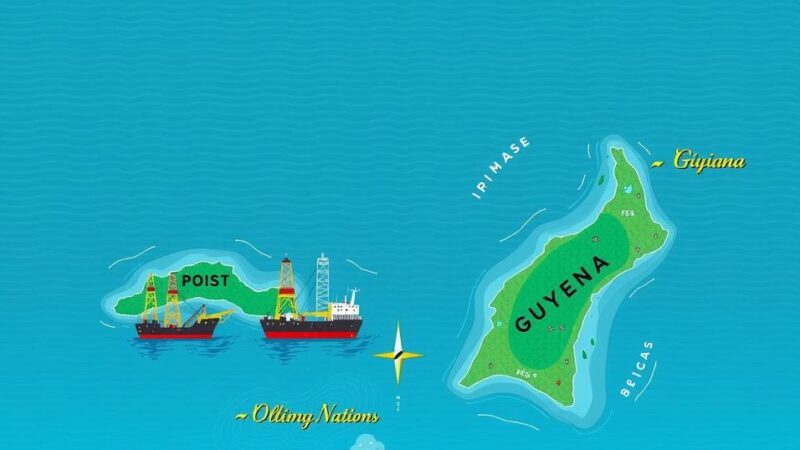President Bola Tinubu has recently declared a state of emergency in Rivers State to address a political crisis that began in September 2023, suspending key state officials and appointing an administrator. This declaration, supported by the 1999 Constitution, is the fourth instance of emergency rule in Nigeria since its return to democracy, following similar actions in Plateau, Ekiti, and the northeastern states in the past.
Recently, President Bola Tinubu declared a state of emergency in Rivers State due to a prolonged political crisis that began in September 2023. This declaration was made through a nationwide broadcast, in which he announced the suspension of Governor Sim Fubara, his deputy, and all elected members of the state House of Assembly for an initial duration of six months. To manage the state during this emergency, Admiral Ibokette Ibas (retd.), a former Chief of Naval Staff, has been appointed as the administrator.
The authority for declaring a state of emergency is derived from Section 305 of the 1999 Constitution. It mandates that any proclamation must be published in the government gazette and forwarded to the National Assembly for approval. A two-thirds majority of National Assembly members is required to validate any such declaration, ensuring necessary checks and balances against potential executive overreach.
Tinubu’s recent action marks the fourth instance of a state of emergency declared by a sitting Nigerian President since the transition to democracy in 1999. Notable previous declarations include:
1. Plateau State (2004): President Olusegun Obasanjo declared an emergency in May 2004 due to escalating ethno-religious violence, suspending the governor and state assembly while appointing Major General Chris Alli (retd.) as the administrator to restore order.
2. Ekiti State (2006): A leadership crisis resulting from the controversial impeachment of Governor Ayo Fayose led Obasanjo to impose emergency rule in October 2006, appointing Brigadier General Adetunji Olurin (retd.) to oversee stabilization efforts.
3. Borno, Yobe, and Adamawa States (2013): In response to the growing Boko Haram insurgency, President Goodluck Jonathan declared a state of emergency on May 14, 2013, but chose not to suspend governors and assemblies, opting instead to enhance military presence and enforce curfews to combat the insurgency.
The recent declaration of a state of emergency in Rivers State by President Bola Tinubu signifies a continuation of Nigeria’s lengthy history of emergency rule since 1999. This action underscores the ongoing political difficulties within the country. Historical precedents illustrate how emergency powers have been employed in Nigeria, often to address political instability and security crises, highlighting the importance of legislative oversight to mitigate potential abuses of power.
Original Source: punchng.com






